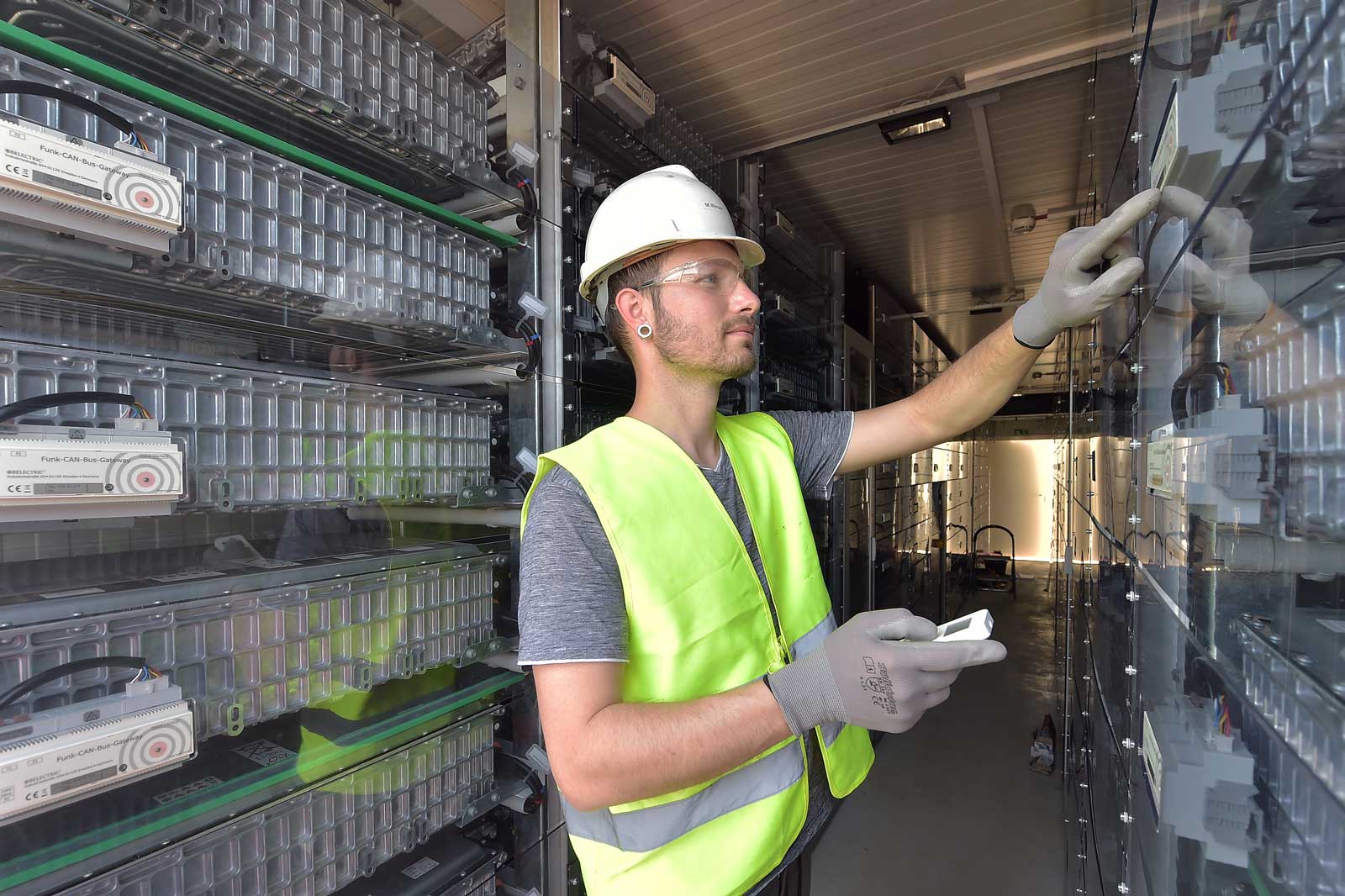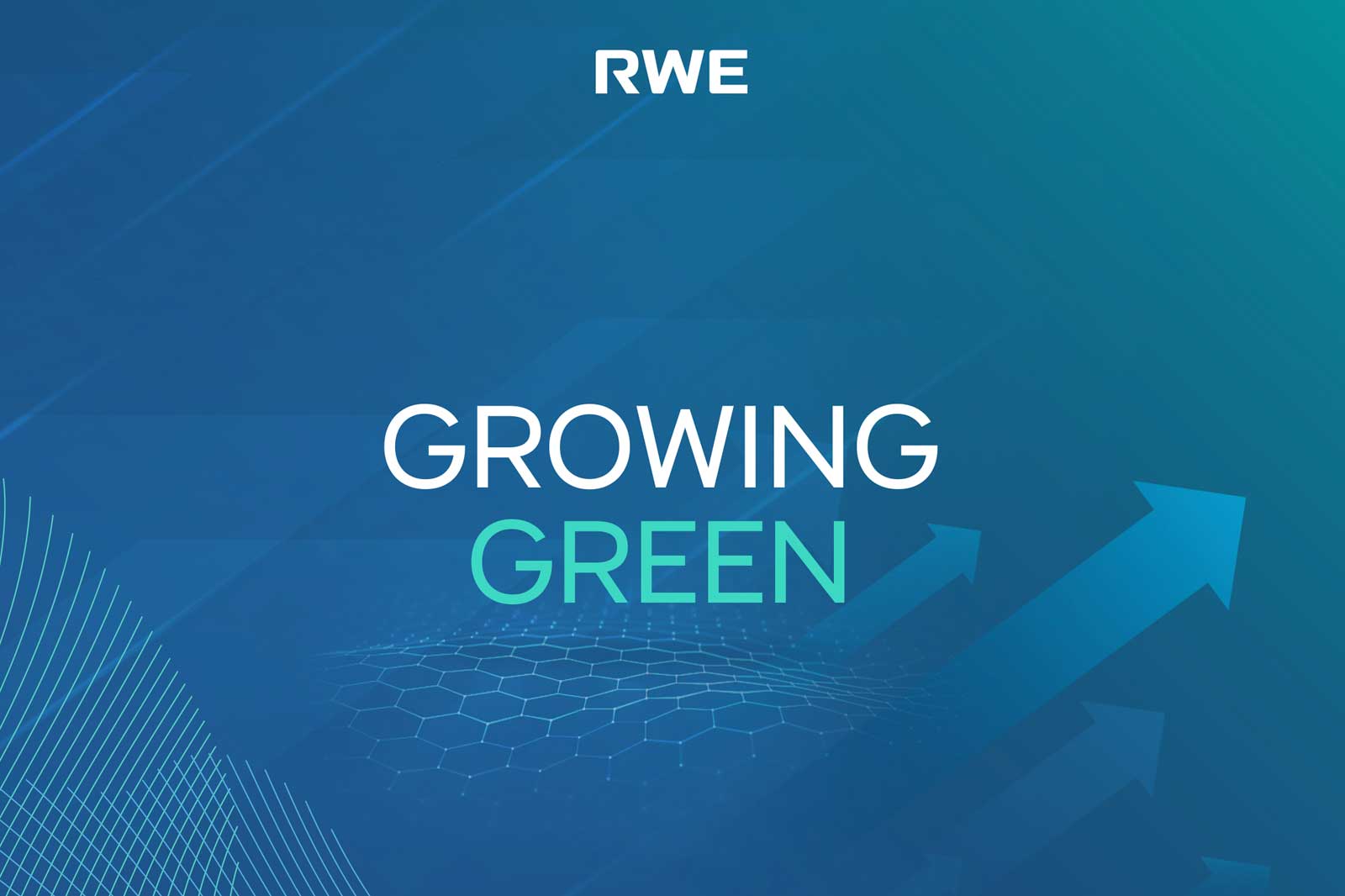RWE is developing a decarbonization hub, known as Pembroke Net Zero Centre (PNZC), at our Pembroke site. As part of PNZC hub, RWE is also developing energy storage options. PNZC explores decarbonisation of Pembroke Power station with Carbon Capture and Storage (CCS), green hydrogen electrolyser technology as well as connecting floating offshore wind in the Celtic Sea. Complementary low carbon supporting technologies are being developed, including a Synchronous Condenser and a Battery Energy Storage System (BESS).
The BESS at Pembroke is proposed to provide a peak power output of 350 MW for up to two hours.
Environmental and technical studies are currently underway that will feed into a planning application to Pembrokeshire County Council.
Early stage feasibility has been completed and a grid connection secured. Early consultation with stakeholders has started and a full public consultation will take place later in the year.



